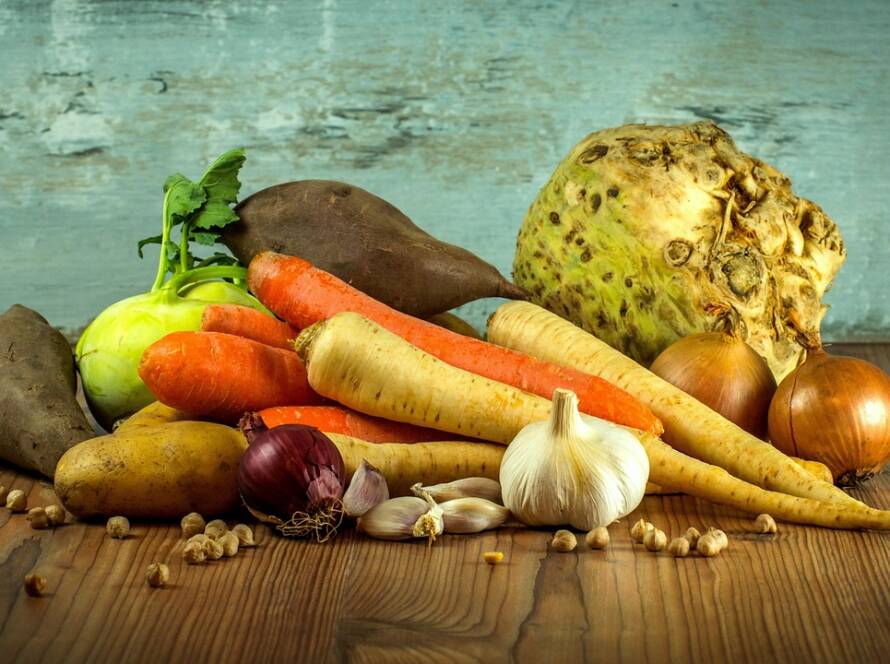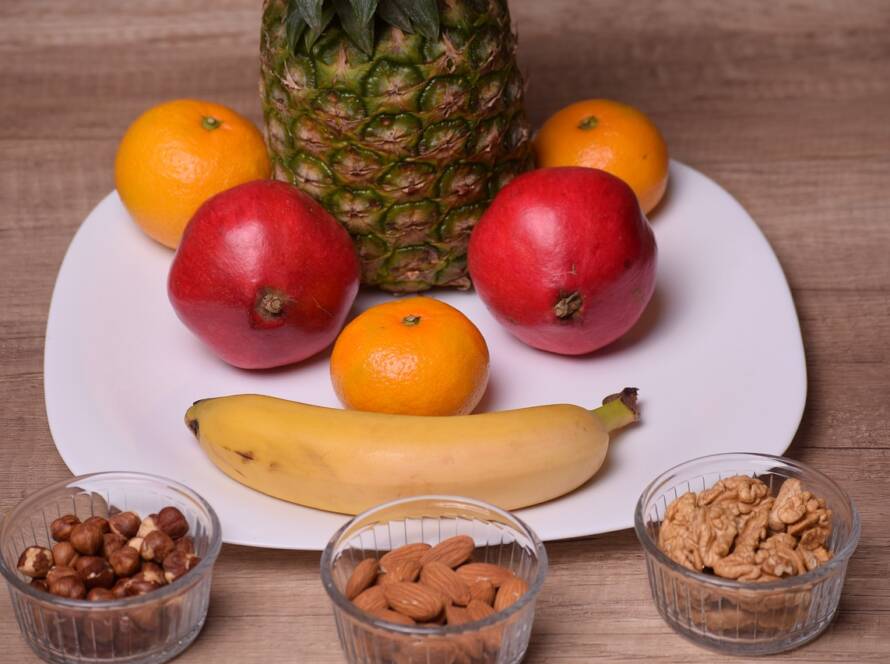In recent years, research has increasingly highlighted the intricate relationship between our gut and our brain. This connection, often referred to as the gut-brain axis, plays a pivotal role in influencing not just our physical health but also our mental well-being. Surprisingly, a significant factor in this relationship is our diet. Let’s delve into how nutrition impacts mental well-being through the lens of the gut-brain connection.
The Gut Microbiome: Your Inner Ecosystem
The gut is home to trillions of bacteria, fungi, and other microorganisms collectively known as the gut microbiome. This complex ecosystem plays a crucial role in various bodily functions, including digestion, immune function, and even mood regulation. Emerging research suggests that the composition of our gut microbiome can influence our mental health.
Nutrition and Gut Health
What we eat directly impacts the composition and diversity of our gut microbiome. A diet rich in fiber, fruits, vegetables, and fermented foods promotes the growth of beneficial bacteria in the gut. On the other hand, diets high in processed foods, sugar, and saturated fats can disrupt the balance of gut flora, leading to inflammation and gut dysbiosis.
The Impact on Mental Health
The communication between the gut and the brain occurs through various pathways, including the nervous system, immune system, and hormonal signaling. When the gut microbiome is imbalanced, it can trigger inflammation and compromise these communication channels, leading to an array of mental health issues such as anxiety, depression, and even cognitive decline.
Probiotics and Mental Well-being
Probiotics, which are beneficial bacteria found in certain foods and supplements, have gained attention for their potential to support mental health. Studies have shown that probiotics can modulate neurotransmitter levels, reduce inflammation, and improve mood and cognitive function. Incorporating probiotic-rich foods like yogurt, kefir, and kimchi into your diet may offer benefits for both your gut and your brain.
Prebiotics: Fuel for Gut Health
Prebiotics are non-digestible fibers found in certain foods that serve as fuel for beneficial gut bacteria. By promoting the growth of these bacteria, prebiotics contribute to a healthy gut microbiome. Foods rich in prebiotics include garlic, onions, bananas, oats, and asparagus. Including these foods in your diet can help support gut health and, subsequently, mental well-being.
Conclusion
In conclusion, the gut-brain connection underscores the importance of nutrition in maintaining not just physical health but also mental well-being. By prioritizing a diet that nourishes the gut microbiome, we can positively influence our mood, cognition, and overall mental health. Incorporating probiotic and prebiotic-rich foods into our daily meals can be a simple yet powerful way to support this symbiotic relationship between our gut and our brain. Remember, a healthy gut equals a happy mind.




